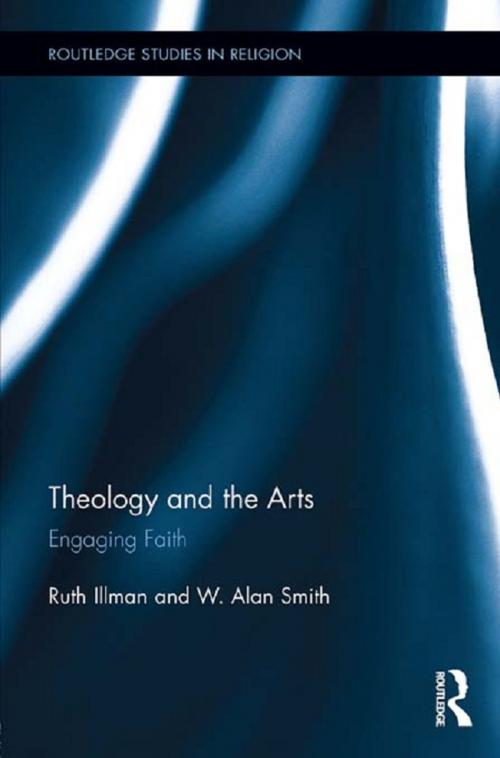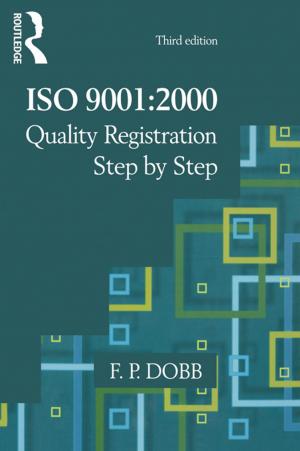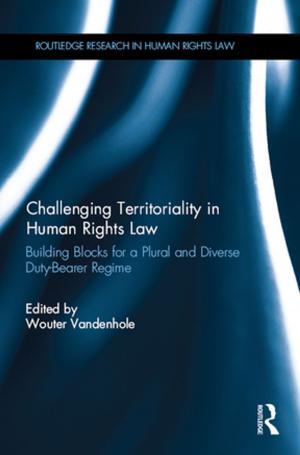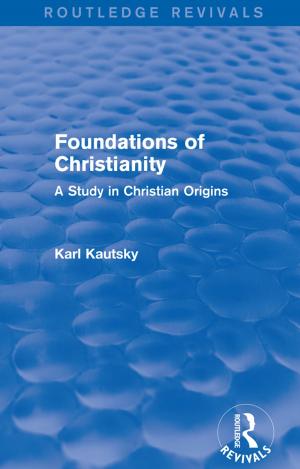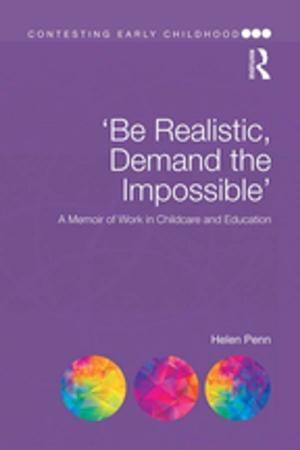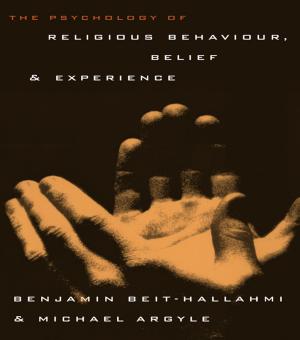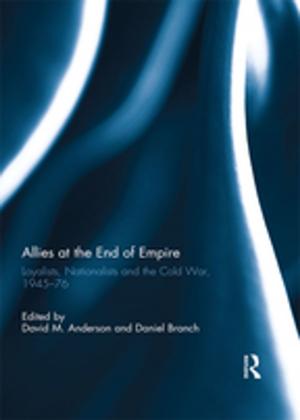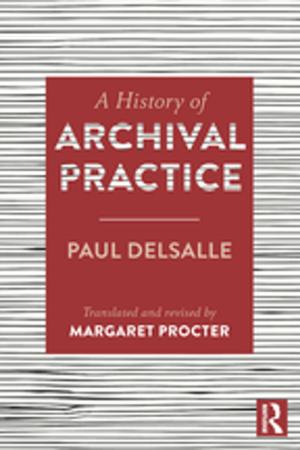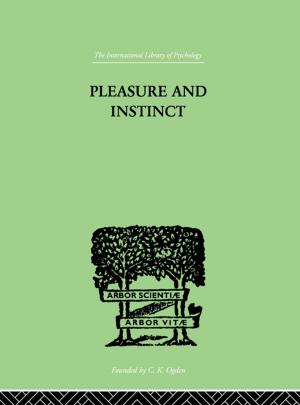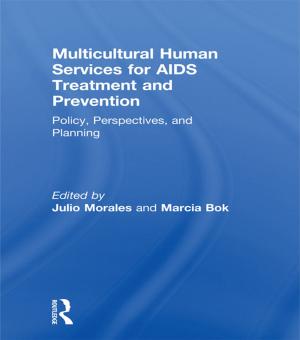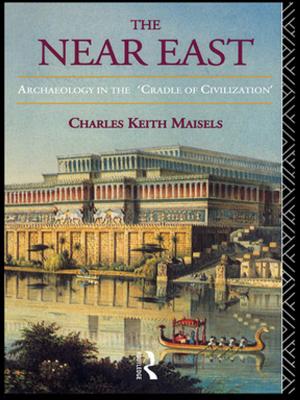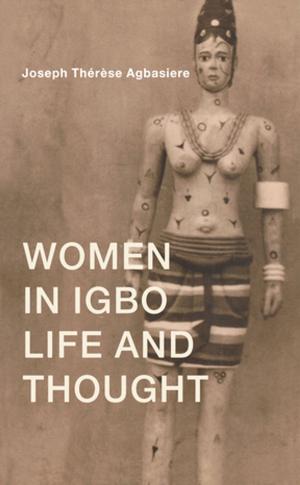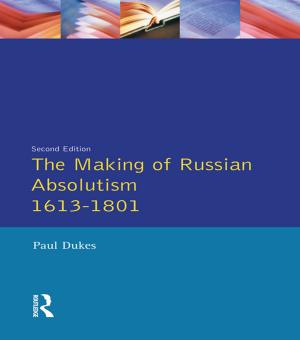Theology and the Arts
Engaging Faith
Nonfiction, Art & Architecture, General Art, Art History, Religious, Religion & Spirituality, Theology| Author: | Ruth Illman, W. Alan Smith | ISBN: | 9781135014605 |
| Publisher: | Taylor and Francis | Publication: | June 7, 2013 |
| Imprint: | Routledge | Language: | English |
| Author: | Ruth Illman, W. Alan Smith |
| ISBN: | 9781135014605 |
| Publisher: | Taylor and Francis |
| Publication: | June 7, 2013 |
| Imprint: | Routledge |
| Language: | English |
This book brings the emerging fields of practical theology and theology of the arts into a dialogue beyond the bias of modern systematic and constructive theology. The authors draw upon postmodern, post-secular, feminist, liberation, and dialogical/dialectical philosophy and theology, and their critiques of the narrow modern emphases on reason and the scientific method, as the model for all knowledge. Such a practical theology of the arts focuses the work of theology on the actual practices that engage the arts in their various forms as the means of interpreting and understanding the nature of the communities and their members, as well as the mechanisms through which these communities engage in transformative work, to make persons and neighborhoods whole.
This book presents its theological claims through the careful analysis of several stories of communities around the world that have engaged in transformational practices through a specific art form, investigating communities from Europe, the Middle East, South America, and the U.S. The case studies explored include Jewish, Christian, Muslim, Druze, indigenous, and sometimes agnostic subjects, involved in visual art, music, dance, theatre, documentary film, and literature. Theology and the Arts demonstrates that the challenges of a postmodern and post-secular context require a fundamental rethinking of theology that focuses on discrete practices of faithful communities, rather than one-dimensional theories about religion.
This book brings the emerging fields of practical theology and theology of the arts into a dialogue beyond the bias of modern systematic and constructive theology. The authors draw upon postmodern, post-secular, feminist, liberation, and dialogical/dialectical philosophy and theology, and their critiques of the narrow modern emphases on reason and the scientific method, as the model for all knowledge. Such a practical theology of the arts focuses the work of theology on the actual practices that engage the arts in their various forms as the means of interpreting and understanding the nature of the communities and their members, as well as the mechanisms through which these communities engage in transformative work, to make persons and neighborhoods whole.
This book presents its theological claims through the careful analysis of several stories of communities around the world that have engaged in transformational practices through a specific art form, investigating communities from Europe, the Middle East, South America, and the U.S. The case studies explored include Jewish, Christian, Muslim, Druze, indigenous, and sometimes agnostic subjects, involved in visual art, music, dance, theatre, documentary film, and literature. Theology and the Arts demonstrates that the challenges of a postmodern and post-secular context require a fundamental rethinking of theology that focuses on discrete practices of faithful communities, rather than one-dimensional theories about religion.
